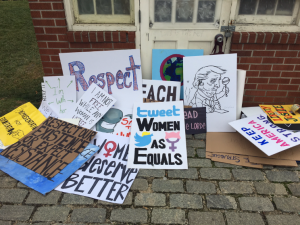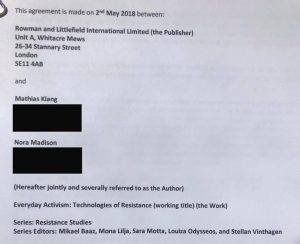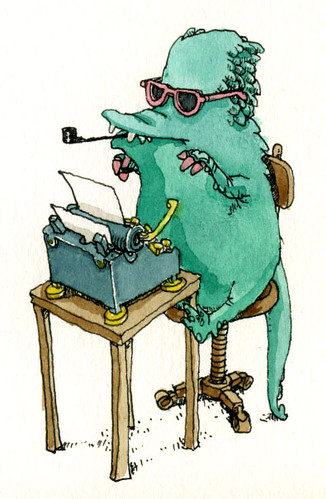Another book has been added to my growing hoard of CC licensed works that are somehow relevant to my research area.
The Critical Point of View: A Wikipedia Reader is an interesting work featuring research from a large group of exciting and original thinkers. It is, as the blurb states:
About the book: For millions of internet users around the globe, the search for new knowledge begins with Wikipedia. The encyclopedia’s rapid rise, novel organization, and freely offered content have been marveled at and denounced by a host of commentators. Critical Point of View moves beyond unflagging praise, well-worn facts, and questions about its reliability and accuracy, to unveil the complex, messy, and controversial realities of a distributed knowledge platform.
Right now the chapters which have my interest are
The Argument Engine by Joseph Reagle, What is an Encyclopedia? From Pliny to Wikipedia by Dan O’Sullivan
A Brief History of the Internet from the 15th to the 18th Century by Lawrence Liang, Questioning Wikipedia by Nicholas Carr, The Missing Wikipedians by Heather Ford, and The Right to Fork: A Historical Survey of De/centralization in Wikipedia by Andrew Famiglietti. But this is only a small fraction of the topics covered in this work.
So check out: Geert Lovink and Nathaniel Tkacz (eds), Critical Point of View: A Wikpedia Reader, Amsterdam: Institute of Network Cultures, 2011. Its available in online, pdf, or good old dead tree versions!
Also if there are other titles of CC licensed books which should be included in the list please let me know…





![History of E-books [Infographic]](http://ebookfriendly.com/wp-content/uploads/2011/02/history_of_ebooks.jpg)

